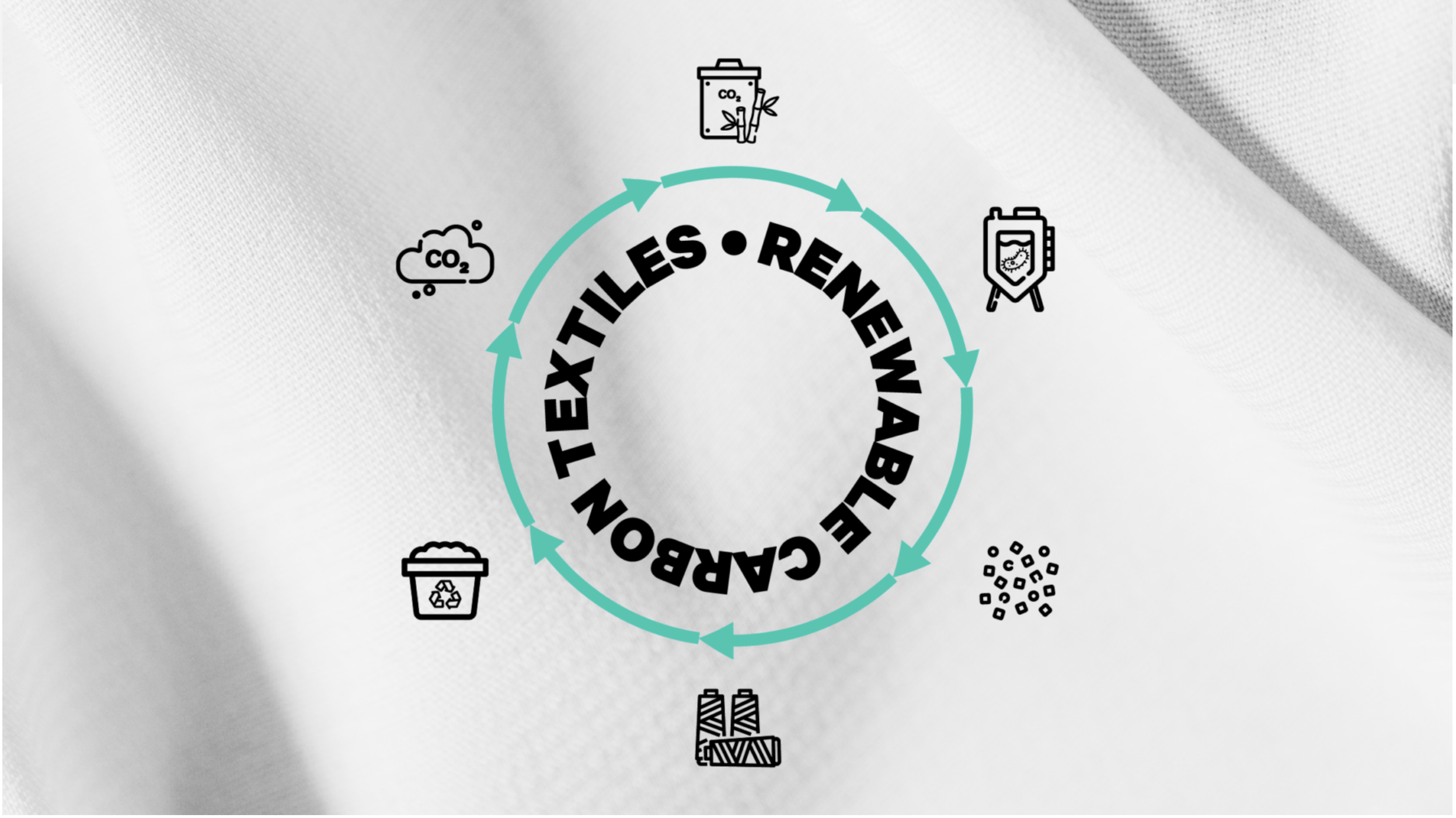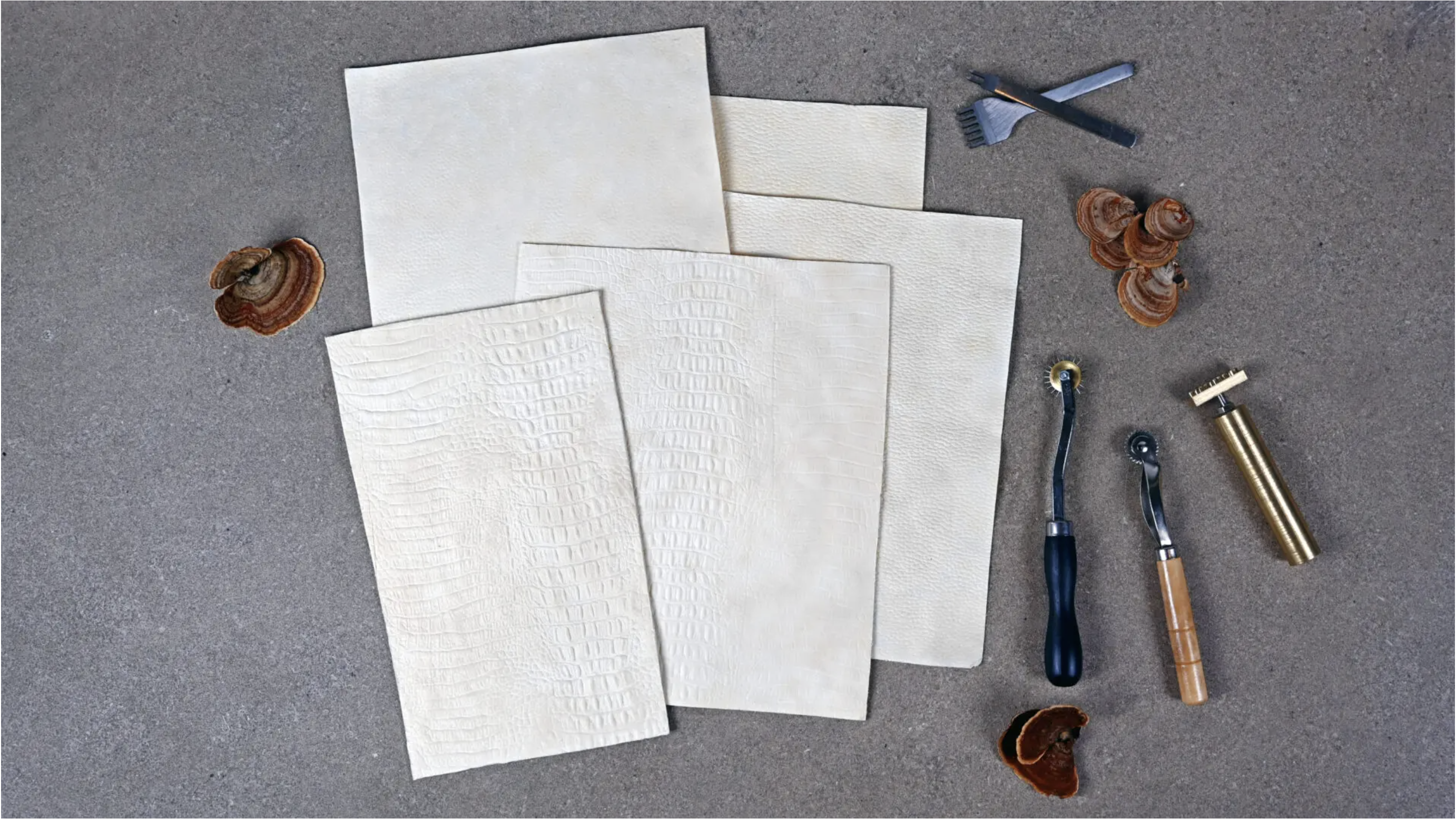Fashion for Good invites SoftWear Automation to its Scaling Programme
Fashion for Good is pleased to announce a new collaboration with SoftWear Automation Inc., an Atlanta-based robotic sewing company. SoftWear and Fashion for Good will work together to encourage the widespread use of fully automated Sewbot™ worklines for t-shirts and apparel, footwear and home goods.
8 August 2017
AMSTERDAM– Fashion for Good, a global initiative to make all fashion good, and SoftWear Automation Inc., the Atlanta-based robotic sewing company, jointly announce today that they will be collaborating through Fashion for Good’s Scaling Programme to facilitate change that is accessible, affordable and attractive for all.
SoftWear and Fashion for Good will work together to encourage the widespread use of fully automated Sewbot™ worklines for t-shirts and apparel, footwear and home goods. This collaboration demonstrates a shared commitment between SoftWear Automation and Fashion for Good to fast-track sustainable innovation within the apparel supply chain.
Other Articles

Key findings from the Renewable Carbon Textile Project
Fashion for Good launched the Renewable Carbon Project in June 2021 with catalytic funding from the Laudes Foundation in collaboration with Bestseller, Norrona, PVH Corp. and the Fabrics Division of W. L. Gore & Associates. The aim of the project was to test and validate the technical feasibility of the different PHA polymer and composite resins to make mono and multifilament fibres.

Fashion for Good Maps Global Waste Hotspots With A New Digital Tool: World Of Waste
Today Fashion for Good announces the launch of World of Waste, a free online tool mapping global textile waste hotspots providing aggregated regional data on waste volume, composition, and type, enabling recyclers and innovators to efficiently identify and utilise textile waste resources worldwide.

Key findings from the Collaborative Ecovative Mycelium Pilot
Leather production can have varying environmental impacts depending on the practices and standards employed. While some traditional leather is produced using responsible and sustainable methods, there are also growing concerns around its environmental footprint. While there are multiple “vegan” leather alternatives available on the market, many of them contain synthetic materials, have worse performance metrics than conventional leather, or are not available at scale. These partly plastic materials cannot be recycled and fewer still are compostable. Alongside this, synthetic foams, often made from polyurethane, are made from petroleum, a non-renewable virgin resource.
There are lots of opportunities for innovation in both leather and foam alternatives: Ecovative’s petrochemical-free mycelium hides and foam alternative promises to be a more sustainable alternative, grown in a fraction of time compared to animal leather, and with minimal resources.
